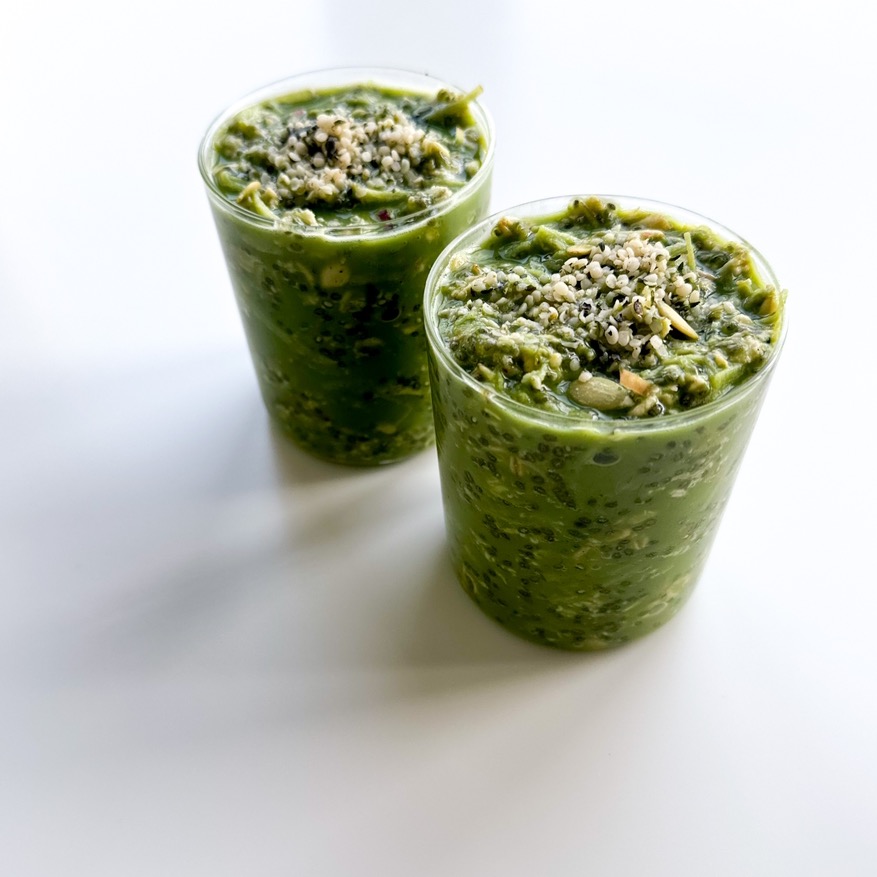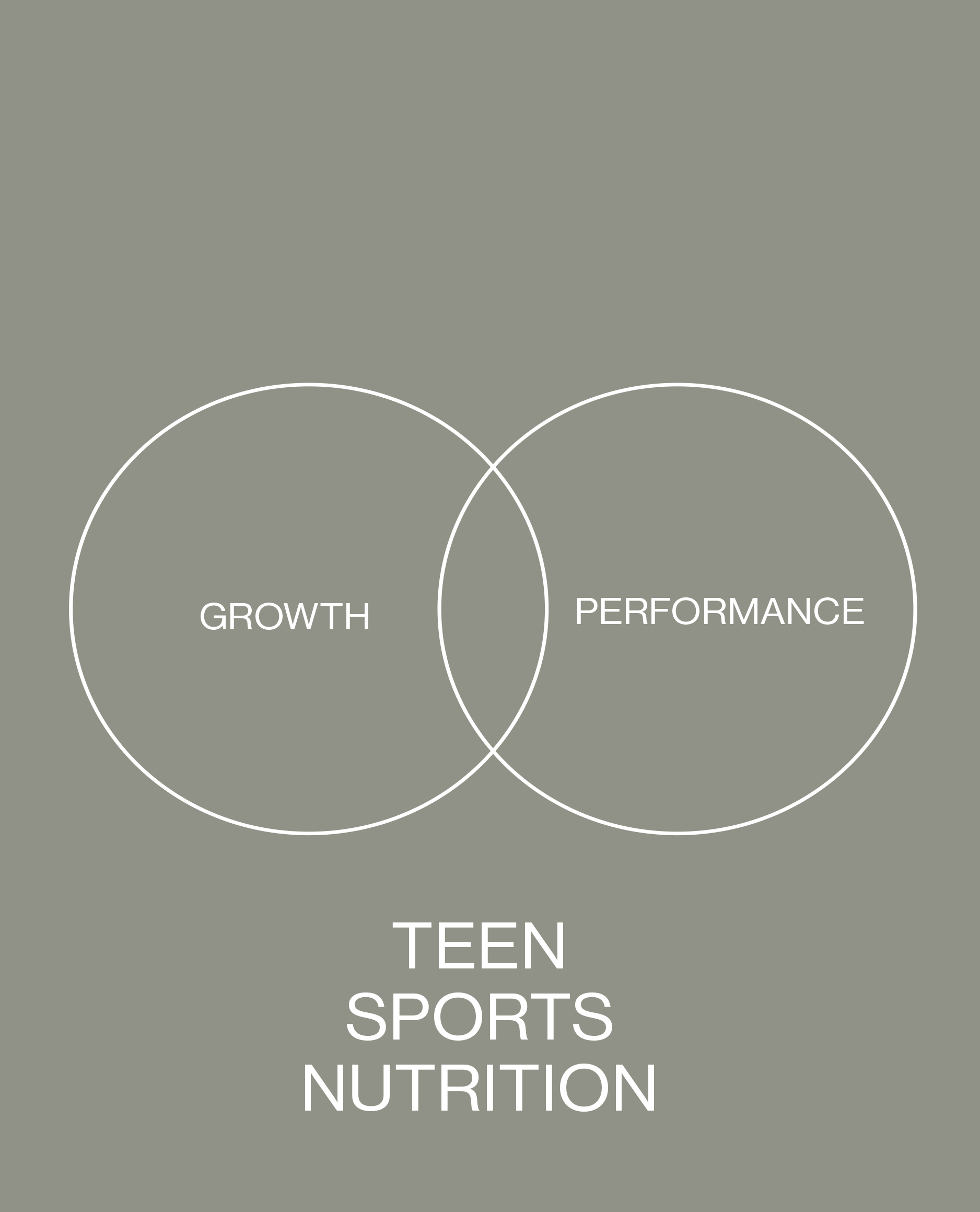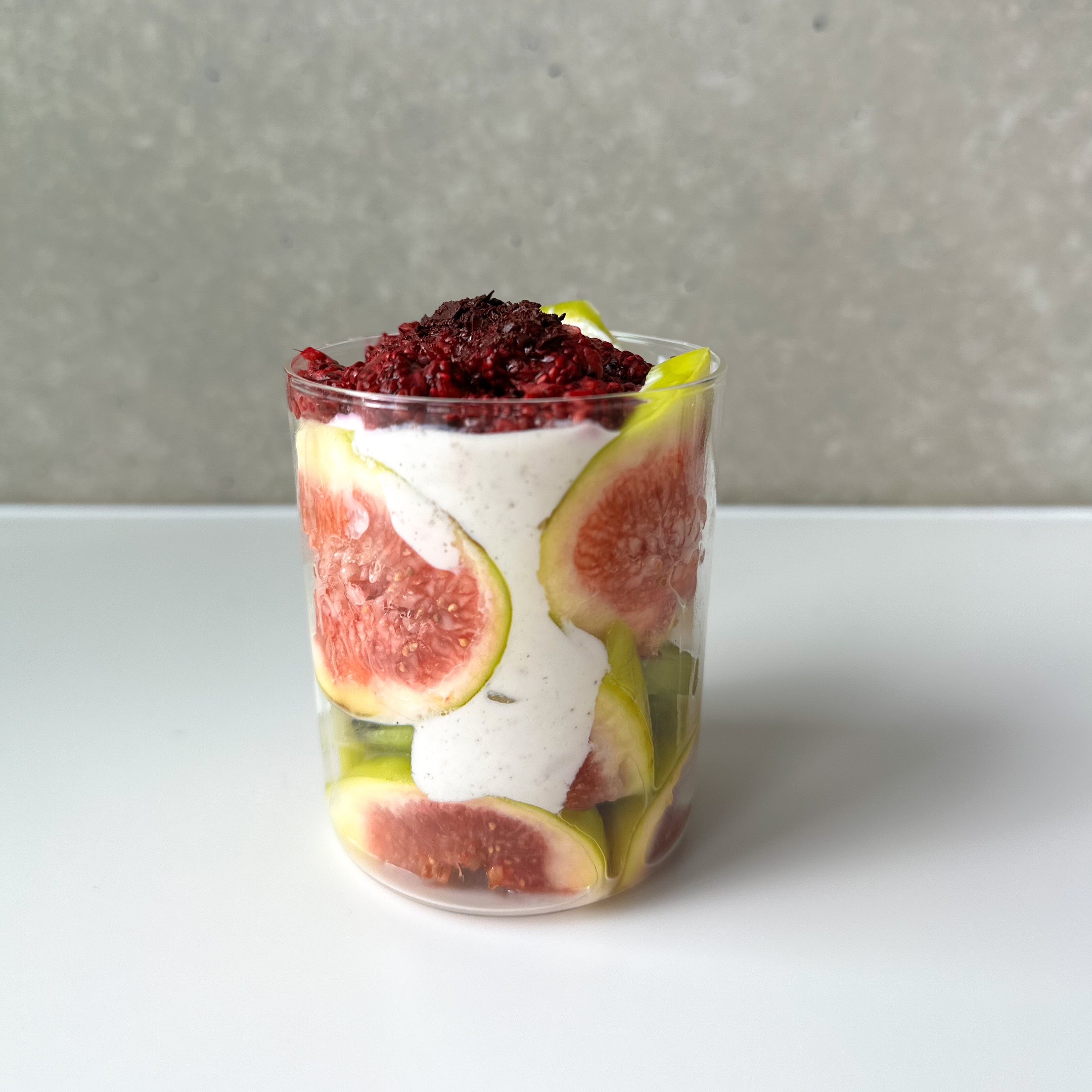
Sports Nutrition for young athletes
As a clinical nutritionist and mother of a serious teenage cricketer I know how importance of fueling a young athlete appropriately. It’s not only about supporting rapid growth; it’s about nurturing potential and laying the foundation for lifelong health.
In my years of research, study, and practice, I’ve seen how the right nutritional strategies can turn good young athletes into great ones and how poor nutrition can hold even the most talented kids back. And, even more, I’ve seen how good nutrition makes a remarkable difference in having a happier, healthier family.
Whether your child is a weekend warrior or a budding elite athlete, understanding the unique nutritional needs of young sports enthusiasts is crucial. In this guide, I’ll share my professional insights and personal experiences to help you navigate the complex world of sports nutrition for youth, ensuring your young athletes have the energy they need to excel both on and off the field.
As an Accredited Clinical Nutritionist and a mum of energetic teens, I’ve been on both sides of the sports nutrition fence. My journey from the world of design to nutrition was sparked by a passion for health and a desire to help people be the healthiest versions of themselves. Growing up with brothers in professional sports and now raising my own sports-mad kids, I can tell you that it’s not just about eating more—it’s about eating smart.
As a nutritionist and mum of athletic teens, I’ve seen firsthand how crucial proper nutrition is.
- Teens have unique nutritional needs due to rapid growth and intense physical activity.
- Balanced meals and smart snacking are key for performance and recovery.
- Hydration is non-negotiable – I’ve found flavoured water can increase intake by 50%.
- Watch out for common nutrient deficiencies like calcium, iron, and vitamin D.
- The timing of pre- and post-workout nutrition matters more than you might think.
- Here, I’ll share my top tips for parents based on professional knowledge and personal experience.
In my clinic, I often see parents struggling to navigate the world of sports nutrition for their teens. In this article, I share some insights from my professional expertise and my experience as a mum.

The Unique Nutritional Needs of Teen Athletes
First, teenage athletes aren’t just smaller versions of adult athletes. Their bodies are going through rapid changes, seriously affecting their nutritional requirements.
I often tell my clients (and my own kids) that teens are like high-performance cars in the middle of an upgrade. They need premium fuel to support both their growth and their athletic performance.
Here’s what makes teen athletes unique:
- Higher Energy Use: 🔥 Growing bodies + intense training = sky-high calorie needs
- Fat Utilization: 🥑 Teens rely more on fats for energy than adults do
- Lower Lactate Levels: 🏃♂️ This affects endurance differently than in adult athletes
- Thermoregulation: 🌡️ Teens struggle more to regulate body temperature
The Power of Smart Snacking
In my house, forget three square meals a day. For my teen athletes (and the ones I see in my clinic), frequent, nutrient-dense snacks are the way to go.
I tell my kids and my clients the same thing: think of your body like a campfire. You need to keep adding small logs throughout the day to keep it burning strong.
Pre-Training Fuel
🕰️ When: 30-60 minutes before training 🍌 What: 10-20 grams of easily digestible carbs
Here are some quick pre-workout snacks that work well for my kids:
- A banana with a tablespoon of almond butter
- A small handful of trail mix
- A slice of whole-grain toast with honey
- Smoothie with milk and fruit
Post-Training Fuel
⏱️ When: Within 60 minutes after training 🥛 What: 3:1 or 4:1 ratio of carbs to protein
My family’s favourite post-workout snacks:
- Greek yogurt with berries and homemade granola
- Chocolate milk and a banana
- Whole grain wrap with turkey and avocado
- Protein shake with banana, frozen zucchini, vanilla

Hydration: The Forgotten Nutrient
I can’t stress this enough: proper hydration is crucial for teen athletes. They’re more susceptible to heat illness than adults, and I’ve seen dehydration tank performance faster than any nutritional deficit.
Hydration Hacks for Teen Athletes
- Pre-hydrate: I make sure my kids start drinking water well before practice or games
- Flavour it up: Adding natural flavours to water has increased my teens’ intake by 50%
- Track it: We weigh before and after training (500g loss = 500ml fluid loss)
- Set reminders: My kids use water tracking apps or set alarms for regular sips
Pro Tip: Aim to keep fluid loss below 2% of body weight during exercise. You can weigh your child before and after the game to show them the importance of hydration. This will make a huge difference for your athletes endurance.
Macronutrients: Finding the Right Balance
Teen athletes need a careful balance of carbs, proteins, and fats to fuel their performance and growth. Here’s a general guide I use:
| Nutrient | Girls | Boys |
| Carbs | 3.5g/kg/day | 6-9g/kg/day |
| Protein | 1.3-1.8g/kg/day | 1.3-1.8g/kg/day |
| Fats | 20-35% of total energy intake | 20-35% of total energy intake |
Remember, these are general guidelines. Every athlete is unique, and needs can vary based on sport, intensity, and individual factors. In my clinic, I always tailor recommendations to the individual.
Tackling Common Nutrient Deficiencies
Even with a balanced diet, I’ve found that teen athletes can be prone to certain nutrient deficiencies. Here are the big ones I watch out for:
- Calcium: 🥛 Crucial for bone health
- Sources: Dairy, dark green veggies, almonds
- Iron: 🍖 Essential for oxygen transport
- Sources: Red meat, legumes, dark leafy greens
- Vitamin D: ☀️ Helps with calcium absorption
- Sources: Fatty fish, egg yolks, sunlight exposure
- Magnesium: 🥜 Important for energy production
- Sources: Nuts, whole grains, dark chocolate
If you’re concerned about deficiencies, I recommend consulting a healthcare provider about testing and potential supplements. But remember, aim to get nutrients from whole foods first!
For more research, refer to the AIS website about sports nutrition for youth, refer to the article on the AIS.



